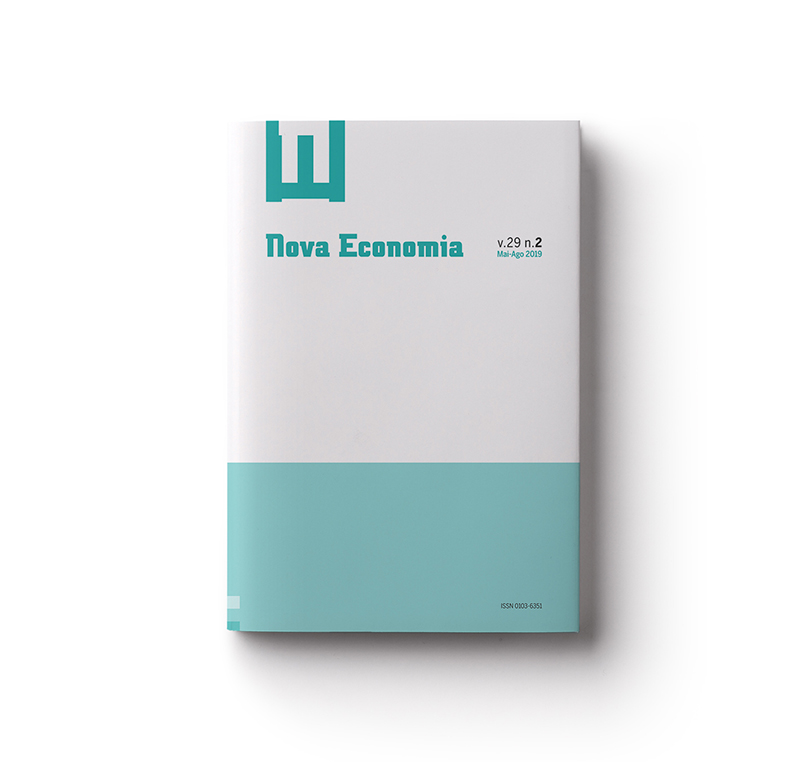Evaluating the impact of the selection process of principal in Brazilian public schools
Abstract
Educational quality in Brazil has improved at a slow pace despite continued public policy efforts. The international literature has noted the importance of school management and the principal’s profile on students’ performance, but this discussion is recent in Brazil. In this study, we investigate the effects of the selection process of principals on students’ performance from public state schools in Brazil. We conclude that while the “selection process” channel is not clear, the “principal quality effect” indicates that the more democratic and technical selection methods tend to select most qualified principals in terms of leadership and managerial abilities. The principal who has time to implement changes, who adopts management practices to encourage teachers and has experience being the leader of the school present better results in terms of student’s performance. Therefore, it is important that the principal selection process choose professionals with the skills mentioned.
Keywords basic education; principals’ selection; evaluation of Brazilian educational policy; differences in differences propensity score matching
Downloads
Published
How to Cite
Issue
Section
License
Authors who publish with this journal agree to the following terms:
- Authors retain copyright and grant the journal right of first publication with the work simultaneously licensed under a Creative Commons Attribution 4.0 International License that allows others to share the work with an acknowledgement of the work's authorship and initial publication in this journal.
- Authors are able to enter into separate, additional contractual arrangements for the non-exclusive distribution of the journal's published version of the work (e.g., post it to an institutional repository or publish it in a book), with an acknowledgement of its initial publication in this journal.
- Authors are permitted and encouraged to post their work online (e.g., in institutional repositories or on their website) prior to and during the submission process, as it can lead to productive exchanges, as well as earlier and greater citation of published work (See The Effect of Open Access).




